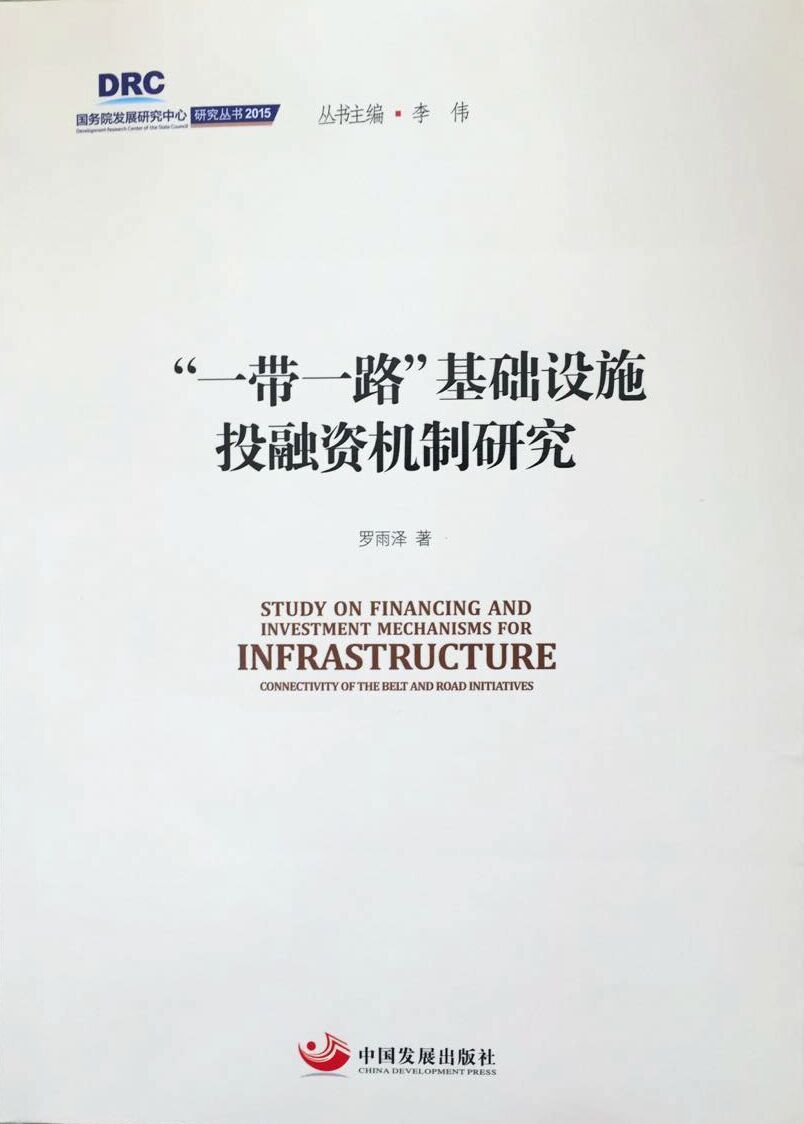Vision and Actions on Jointly Building Silk Road Economic Belt and 21st-Century Maritime Silk Road
2015-10-13
 |
|
Study on Financing and Investment Mechanisms for Infrastructure Connectivity of the Belt and Road Initiatives |
Issued by the National Development and Reform Commission, Ministry of Foreign Affairs, and Ministry of Commerce of the People's Republic of China, with State Council authorization
March 2015
CONTENTS
Preface
I. Background
II. Principles
III. Framework
IV. Cooperation Priorities
V. Cooperation Mechanisms
VI. China's Regions in Pursuing Opening-Up
VII. China in Action
VIII. Embracing a Brighter Future Together
Preface
More than two millennia ago the diligent and courageous people of Eurasia explored and opened up several routes of trade and cultural exchanges that linked the major civilizations of Asia, Europe and Africa, collectively called the Silk Road by later generations. For thousands of years, the Silk Road Spirit - "peace and cooperation, openness and inclusiveness, mutual learning and mutual benefit" - has been passed from generation to generation, promoted the progress of human civilization, and contributed greatly to the prosperity and development of the countries along the Silk Road. Symbolizing communication and cooperation between the East and the West, the Silk Road Spirit is a historic and cultural heritage shared by all countries around the world.
In the 21st century, a new era marked by the theme of peace, development, cooperation and mutual benefit, it is all the more important for us to carry on the Silk Road Spirit in face of the weak recovery of the global economy, and complex international and regional situations.
When Chinese President Xi Jinping visited Central Asia and Southeast Asia in September and October of 2013, he raised the initiative of jointly building the Silk Road Economic Belt and the 21st-century Maritime Silk Road (hereinafter referred to as the Belt and Road), which have attracted close attention from all over the world. At the China ASEAN Expo in 2013, Chinese Premier Li Keqiang emphasized the need to build the Maritime Silk Road oriented towards ASEAN, and to create strategic propellers for hinterland development. Accelerating the building of the Belt and Road can help promote the economic prosperity of the countries along the Belt and Road and regional economic cooperation, strengthen exchanges and mutual learning between different civilizations, and promote world peace and development. It is a great undertaking that will benefit people around the world.
The Belt and Road Initiative is a systematic project, which should be jointly built through consultation to meet the interests of all, and efforts should be made to integrate the development strategies of the countries along the Belt and Road. The Chinese government has drafted and published the Vision and Actions on Jointly Building Belt and Road Economic Belt and 21st-century Maritime Silk Road to promote the implementation of the Initiative, instill vigor and vitality into the ancient Silk Road, connect Asian, European and African countries more closely and promote mutually beneficial cooperation to a new high and in new forms.














